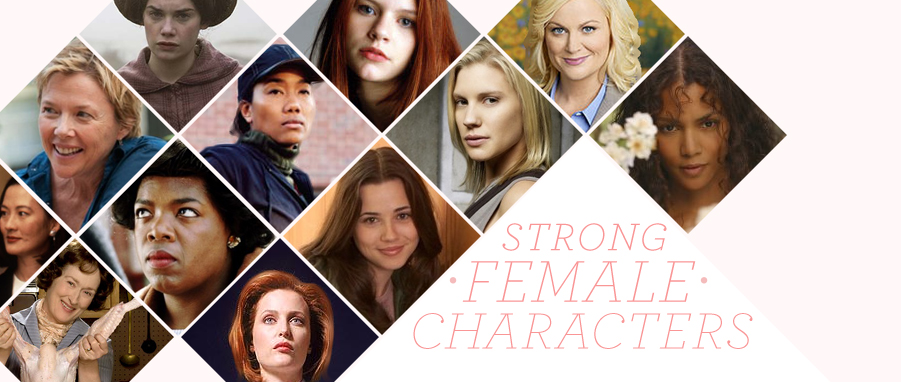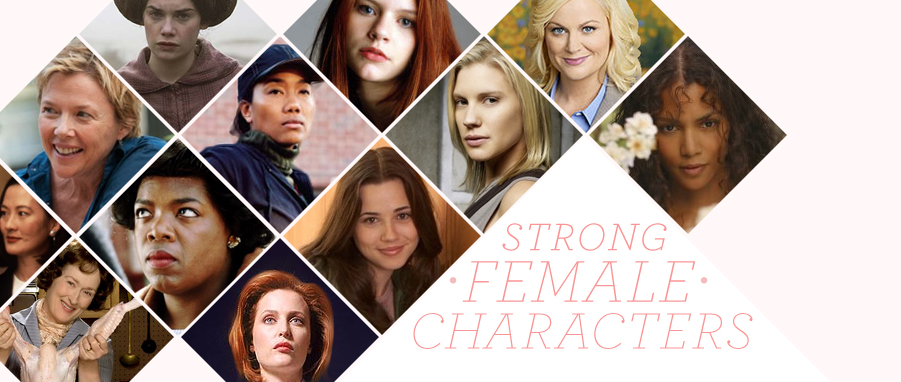Dear Sibyl, As a new mom, I find myself HATING 'mom-talk.' I find it awkward listening to my friends tell me the new developmental leap their kid has taken. How do I respond if my kid has already been doing that (for months)? I hate how it makes me feel. If I disengage and reply with "That's great," I feel sad I didn't take that moment to brag about my own kid. BUT if I engage and be truthful about what my kid is doing, does that start an unintentional "let-me-one-up-you" war? I don't want to prove anything---I don't want to put that pressure on me or my little man who is just happy banging stuff around and laughing about it.
I hate mothers who are scared of germs---who won't let their kid play in a public park. I hate mothers who won't let their kid sit in dirt or GRASS (for crying out loud who cares if a dog peed there once a million years ago. . . and yes. . . I heard that come from a lady once). I hate them because they tell these things to me AS MY KID IS PLAYING IN DIRT. . . AS MY KID SITS HAPPILY IN THE SHOPPING CART WITH NO CLOTH PROTECTION. What do I say to them? (You are neurotic?)
Is there a polite way to disengage from this? I'm not into the 'mom-shop' talk. I don't mind talking about motherhood but I hate when it turns into what people’s kids are doing and when they did it and just you wait. . . and oh I would NEVER let him do that. . . you let them eat what? From the whole foods salad bar??? GERMS!!!! I especially hate when they talk to me as if I have no idea what is coming next. I find it patronizing.
For the love of all things---how do I deal with them?
Trapped in Momville
Dear Trapped,
You’ve got to take it all less personally. Let me explain, because believe me, I know what you mean---I’ve been there. And it never goes away. Parenting brings out a level of anxiety and neurosis in certain people that even that mom who is armed with antibacterial hand gel just to let their kid use the swing has never known before. That does not mean you need to get caught up in it, or identify yourself with that woman in any way.
New moms are trying to define themselves in their new role, and some women do that by getting very particular about everything child-related. These moms are unsure of how to be a parent, so they equate it with Getting It Right, and then work hard to shore up their definition of “right” by forcing you to feel their anxiety and agree with them about this worldview. You have to fight not to be sucked in to the crazy-making conversational dance about what food you introduced first to your baby and what that means about you as a person.
And that probably means you feel alienated, and lonely. Which is an uncomfortable space to be in, but a normal way to feel. What you've got to let go of is the hatred.
When I became a mother, I was shocked at the level of discourse of the mothers I encountered on the playground, at playdates, and just out in the world. The level of competitiveness was striking---moms even found ways to put down my child's early verbosity ("She's going to have quite a mouth on her when she's 13!") and would urge their kids to draw like my child was ("Hunter, draw a circle! You can do it, see hers? Just like that."), looking over at me to prove my kid was nothing special, after all. I was saddened that all they wanted to discuss was diaper changes and when to wean, while I had read three books and watched several documentaries that week that I was eager to discuss, but my attempts to shift the conversation fell on deaf ears.
From observing this pack mentality over several months, I realized a few things: I was going to find "my people", eventually, but these folks were not it. Therefore, I separated the moms I knew into two categories, "co-workers", and "friends". The co-workers were the moms I always saw on the playground but knew I was never really going to connect with, the ones obsessed with germs and growth charts. I delegated them in my mind to the annoying co-workers I once had in the professional setting---I talked to them when I needed to, stayed emotionally detached from them, and, if anything, found compassion for their exquisitely neurotic states. If they pissed me off too much to have compassion for them, I moved on to just pity their children.
The ones I found to be friends with were always slightly off. The moms who would plunk down on the park bench and say, "I almost dropped the kid off at the Fire Station last night. This latte is the only thing keeping me from doing it now." The ones who talked about their sex life, or lack there of, the ones who cracked wry jokes at their family’s expense, yet still daily inspired me with their devotion to their kids. Also, I found that I could often relate more to the nannies, who were invested but just removed enough from the children to have more of a sense of humor about all of it, and more likely to invite me out for a drink after my husband got home.
You are going to find your people. You will know, when you walk into their house and their homes are not neat as a pin with family portraits hanging everywhere and cookies baking in the oven, but rather, their home looks lived in. You will know, when they ask you how you are, and they really mean you, not how well your child slept last night. And they are going to make this wild world of parenting so much more fun.
So, the way you deal with the new moms that are driving you nuts with the comparison-based mom talk is you don't hang out with them. You take out a magazine at the park when a mom you don't know is hovering over their kid and yours, and smiling crazily at you like, "Aren't you going to follow your kid around?!"
You decline the playdates to the houses where the moms have disinfected the bottoms of all their shoes, even though they never wear shoes indoors. You do this even if that means you are lonely sometimes, and just end up hanging out with your own kid. This will force you to go find the parents you can actually relate to.
You go find your people, and you try, really hard, not to talk shit about those other moms. They are fighting a terrible battle that they will never win, the battle to protect their kid from struggle, and from life. Leave them to it. Be your own kind of mother. Go play.
Love,
Sibyl
Submit your own quandary to Sibyl here.





























